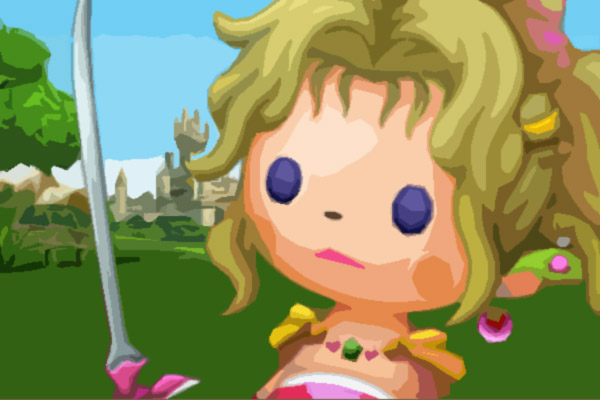I would love to believe that the opening 30 to 45 minutes of gameplay in Theatrhythm: Final Fantasy was a carefully orchestrated plot, one conceived in some smoky Japanese bar one night when staff from both Square Enix and indieszero went out drinking together. The goal would be a scathing commentary on Japan’s RPG industry, and how—inexplicably—so many of its offering force players to sit through 5 to 10 hours of boredom in order to get to the “good stuff.”
Category: Review
-

Gravity Rush
Ever since I was a child, I’ve had one particular dream that’s played out over and over again: my ability to fly. Each time, the pieces are different—different settings, different people, different sources of motivation—but the core component’s always the same: I know I have the ability to fly, I’ve just forgotten how to. At some point, that memory comes back to me, and moments later, I’m jetting myself through the sky to some new destination. At times, these dreams can be so utterly overwhelming and powerful that it’s hard for my subconscious self not to swear that I’ve always been meant to have that power of flight. For a brief sliver of time, my body’s as light as air—my battle over the forces of gravity won.
-
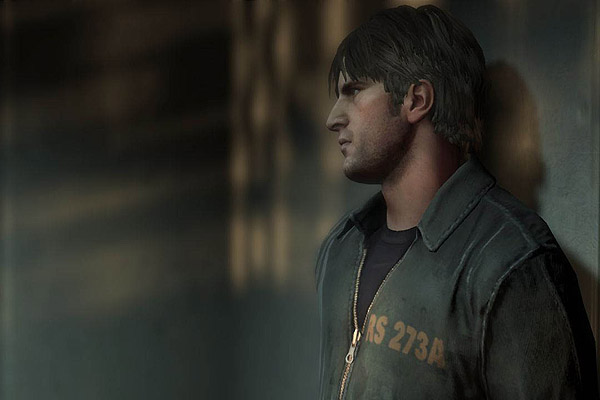
Silent Hill Downpour
It’s games like Silent Hill Downpour that make people like me hate attaching scores to reviews.
-
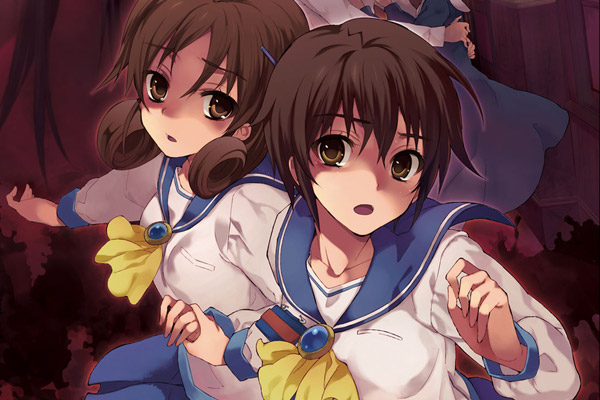
Corpse Party
It was just shy of 1am when I finally finished Corpse Party—or, should I say, finished it with an ending I could be satisfied with, versus the one I had received a few hours earlier that left me starting over the game’s final chapter. Having put off a necessary trip to the supermarket in order to correct my prior mistakes, I let the credits play until their end and then rushed out to my car to brave nighttime L.A. for milk and bread.
As I sat there in the driver’s seat, guiding my car along the nearly deserted road that lead to my closest shopping option that was still open, my mind drifted back to the game. I thought about its characters—who they were, what they had experienced, what horrors they had endured in trying (and, for some, failing) to survive what the game had put them through. Or, more precisely, what I had been forced to put them through.
I then realized something—this small wave of panic and despair was welling in my chest, all for some characters in some video game.
(more…) -

Shin Megami Tensei: Persona
In 1988, I played a relatively unknown Master System RPG titled Phantasy Star, and it forever changed me as a fan of video games. Then, eight years later, another Japan-born role-playing romp would come along and leave an equally impactful mark on my life; the similarly obscure Atlus release Revelations: Persona.
Phantasy Star taught me that I loved JRPGs; Persona taught me what I wanted from them.
(more…) -

Kenka Bancho: Badass Rumble
Yankii (or, depending on how you romanize it, “yankee”): A slang term sometimes used for Americans outside of the States, and people from the Northern U.S. by, well, us Yankees. It has also, however, come to be a nickname for delinquent youth in Japan, specifically those that skip school, get in fights, don’t care about social norms, and do such unspeakable things as dying their hair to a color other than black.
What is it about this lifestyle that is so interesting, and at times almost romanticized, as we might do here in the West with the “greaser” subculture from the 1950’s? Whatever it is, there’s no denying it: the life of a yankii is a whirlwind of adventure and excitement.
(more…) -

The Wizard of Oz: Beyond the Yellow Brick Road
There were countless reasons why I loved the last great hardware effort from Sega (the Dreamcast, of course), but somewhere at the top of that list was the overall wonder I felt at the system’s game library. It was the console that, for me, made gaming fun again, as it seemed developers Japanese and Western alike took chances on ideas that they might not have attempted elsewhere. It isn’t to say that every Dreamcast project was totally unique and groundbreaking, but there was this overall sense of creativity that seemed to re-assure games that it was okay to try new things and dare to be different. It was the world were Jet Set Radio, Seaman, Napple Tale, and Shenmue were the norm, not the niche; a world that I came to love living in.
(more…) -

Half-Minute Hero
When 2009 comes to a close and we look back to reflect on the year now behind us, a countless amount of lists will emerge that attempt to run down, in order, the “best” or “worst” of varies things over that past year. This will, of course, also happen in our little video game industry, and while not all of the nominations or winners may yet be clear, it isn’t hard to make an educated guess (or two) at what may be up for awards.
(more…) -
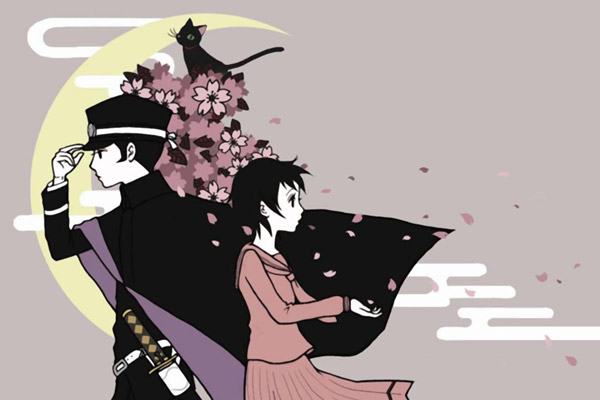
Devil Summoner 2: Raidou Kuzunoha vs. King Abaddon
Devil Summoner: Raidou Kuzunoha vs. The Soulless Army was an interesting departure for Atlus and their Devil Summoner series. Coming from a company typically known for in-depth role-playing sagas, Soulless Army still had MegaTen-style RPG underpinnings, but then contained an action-oriented combat system and more adventure-esque exploration in a project that reminded me of what Square had attempted many years before with Parasite Eve. While not without faults, it was a fresh take on the series and held a lot of potential should Atlus see fit to give the idea another try.
(more…) -
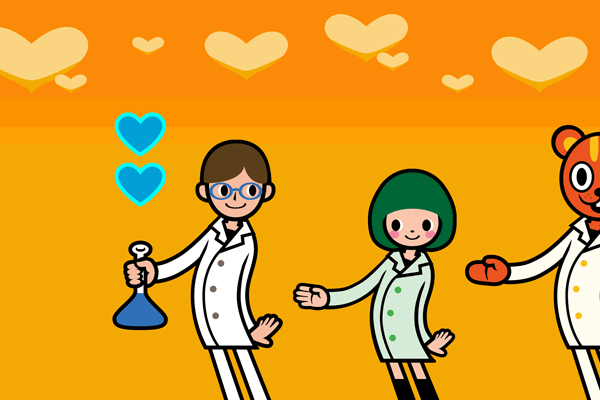
Rhythm Heaven
Honestly? I never expected Rhythm Heaven to come out in the United States. Its predecessor–a game known as Rhythm Tengoku on the GameBoy Advance–never came our way. Now, part of that was simply down to timing; it hit in Japan as the GBA was on its way out in favor of the DS, and by the time it had gone through localization and planning for a release over here it would have been even later to the party.
There was another reason that it ended up becoming a must-have import title and not a game given to the whole world, however; the game was very Japanese.
(more…)
